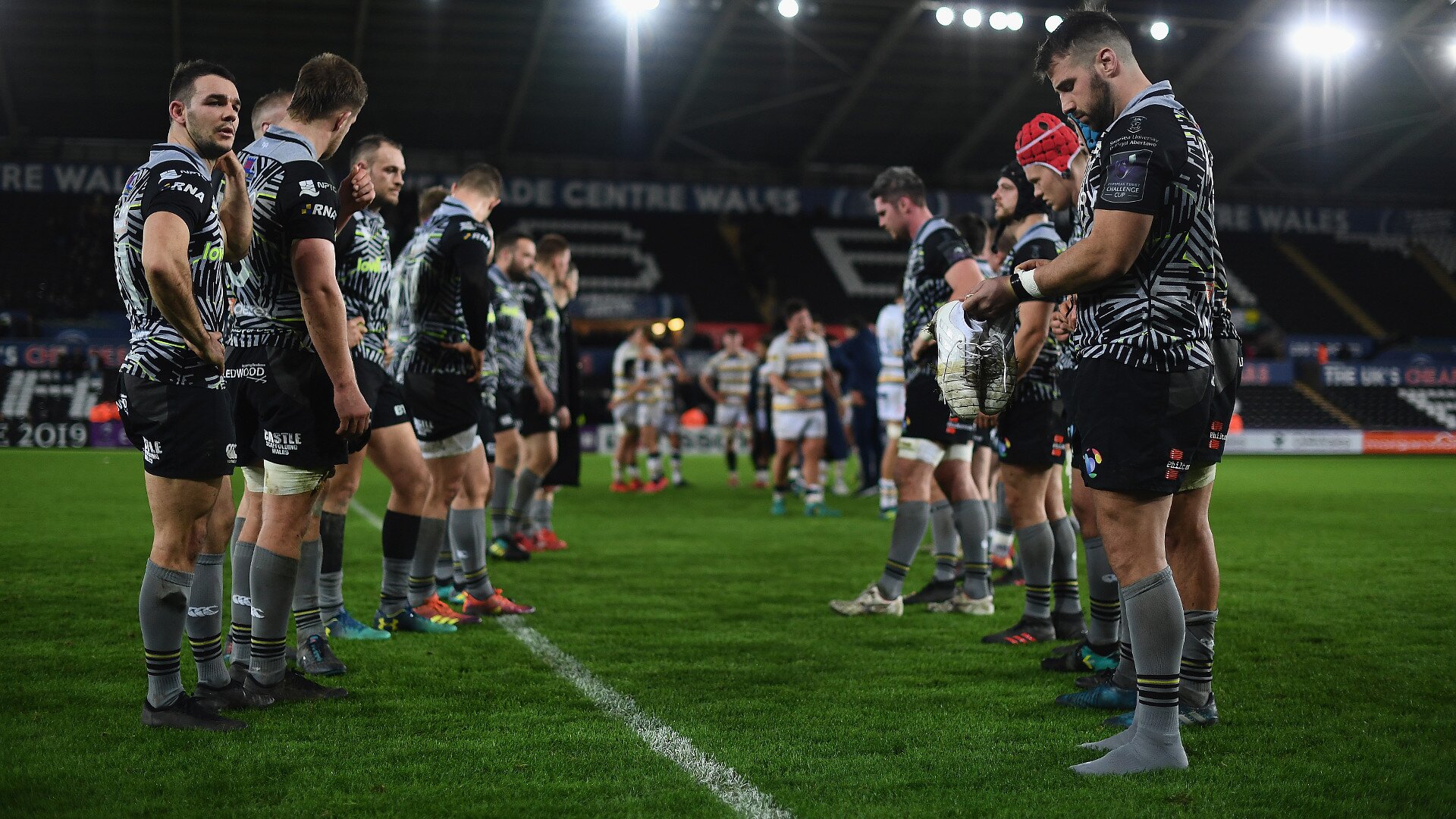Catastrophic European campaign could usher in end of Welsh Regional Rugby as we know it

It has been a busy few weeks at the Welsh Rugby Union (WRU) where plans to reinvigorate the regional game continue apace.
On Friday it was announced that former Wales captain Ryan Jones had been appointed performance director at the union – effectively swapping jobs with Geraint John, who has assumed responsibility for the community game.
In his new job, Jones will sit on the Professional Rugby Board (PRB) which is the body charged with implementing ‘Project Reset’, the WRU’s bid to make professional rugby in Wales more competitive.
At a time when the national team is flying, on a nine-game unbeaten run heading into the Six Nations, the regions that sit beneath it are in need of a reboot.
For the first time in five years there will be no Welsh representative in the last eight of either the Champions or Challenge Cup, while attendances have been disappointing amid growing apathy towards the PRO14.
Continue reading below…
‘Project Reset’ is therefore the WRU’s chance to hit Ctrl+Alt+Del but although a new Professional Rugby Agreement (PRA) was agreed in December, and the PRB met twice a fortnight ago, details of the future funding model have not been made public.
Under the new agreement, a banding system will be brought in to curb player wage inflation with National Dual Contracts (NDCs) phased out but it remains unclear how the four regions will be funded.
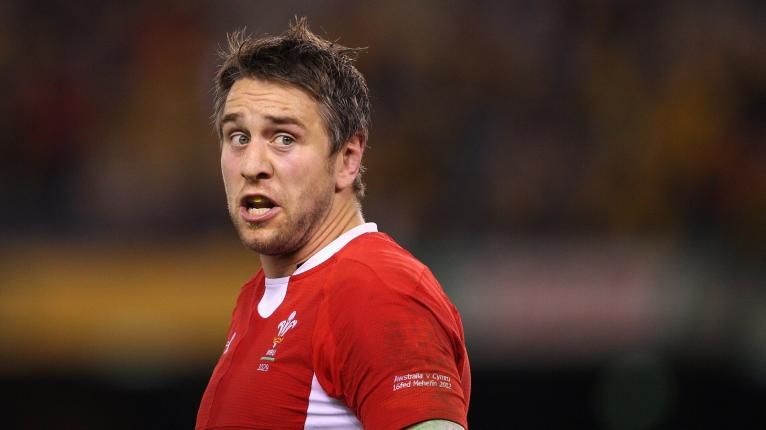
The ongoing discussions – the PRB will meet again at the beginning of February – are the most important for professional rugby in Wales since the regions were introduced in 2003.
There are those who would like the WRU to rip up the current system and start again, potentially with just two teams remaining.
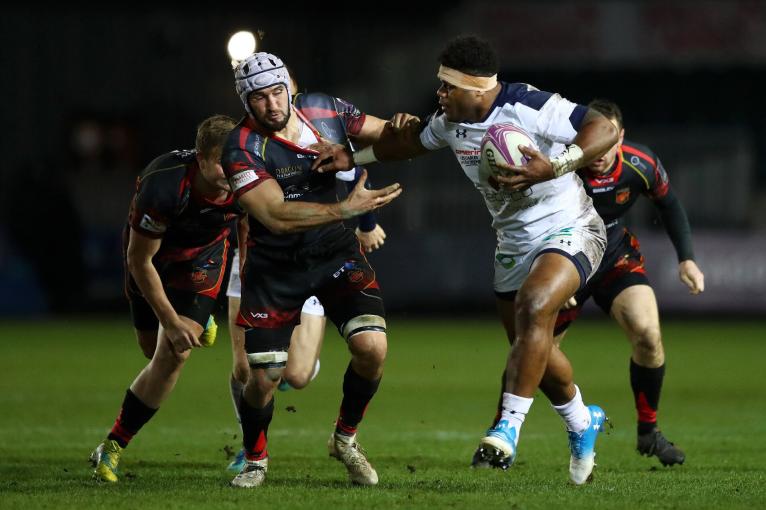
But given the four regional chairmen sit on the PRB, and that WRU CEO Martyn Phillips stated in September that “the purpose of the project is to implement a strategy whereby the five professional entities (Wales and the four regions) work together” it seems unlikely that any will be sacrificed.
It would seem more probable that an incentive-based funding model will be introduced, rewarding the regions for their performance on and off the pitch.
Maintaining four regions is an attractive option for the WRU as it ensures a sufficient player pool is available for the Wales head coach to pick from.

Dragons back-row Aaron Wainwright is a current case in point. The 21-year-old is only in his second season as a professional but looks set to play an important role for Wales in the Six Nations having made his Test debut in November.
Wainwright’s rapid rise would not have been possible without the opportunity he was given to play for the Dragons at the start of last season. Were there only two professional teams in Wales it is unlikely his chance, in an extremely competitive position, would have arrived so swiftly.
Cutting down the number of teams means narrowing the player pool available to the national team head coach, something that the WRU would be loathe do to.
But, if it looks as though the four regions are here to stay, is there enough money to go around?
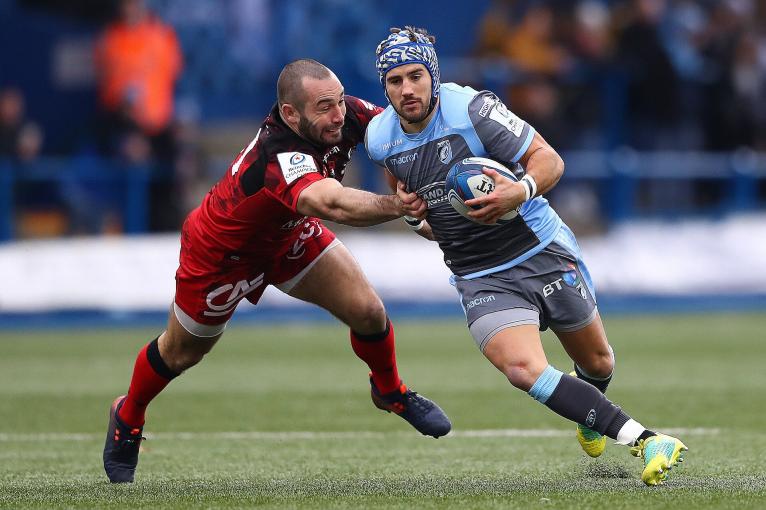
A look at the WRU’s most recent accounts show that £20.5 million was shared between the Cardiff Blues, Ospreys and Scarlets while £6m was given to the Dragons following its takeover by the union.
That represented a record amount put into the four regions but the cost of success continues to soar and the regions’ budgets are dwarfed by those in England, France and Ireland.
In 2016-17, when the Scarlets won the PRO12 title the region lost £603,817. That season, the West Walians’ expenditure was £11.04m, which is around £1.5m less than Bristol spent during their last campaign in the RFU Championship.
If the regions are to become more competitive in both the PRO14 and Europe, then they will need added investment from the WRU and elsewhere, with Scarlets chairman Nigel Short telling a supporters’ event that collective commercial and sponsorship deals could be an option.
However, 2017-18 was a bumper year for the WRU accounts, in part because the Principality Stadium hosted a series of Ed Sheeran concerts, and there is not likely to be too much of an increase in funding from the union.
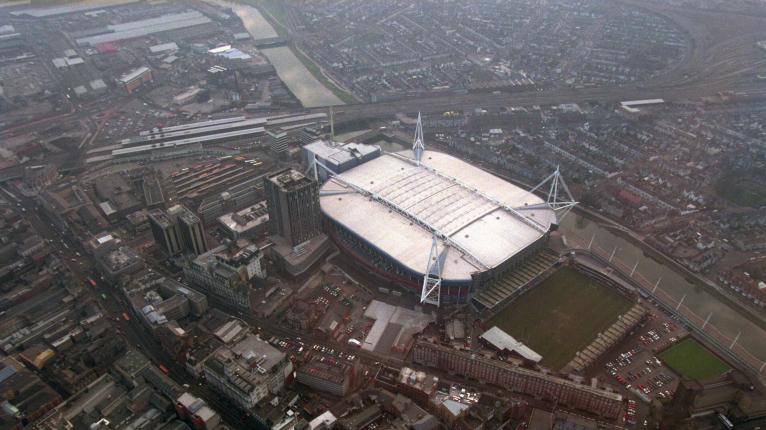
So, whichever way it is dressed up, the regions will be divvying up around £28m between themselves at a time when Gallagher Premiership clubs are regularly spending £20m a season.
Significant commercial investment becomes integral in that scenario but it is something the regions have struggled to attract in recent times.
The Dragons had hoped to swell their coffers with the redevelopment of the north end of Rodney Parade, but Short suggested that any proceeds from the WRU-owned ground would be split between all four regions.
That would be a huge for Dragons chairman David Buttress as he attempts to drive revenue streams that would stop the region becoming a de facto development team in a ‘three-plus-one’ funding model.
The cost of success will increase yet further in the light of the Premiership’s partnership with CVC and without a similar windfall for the PRO14, it is difficult to envisage how the Welsh regions will keep pace.




























